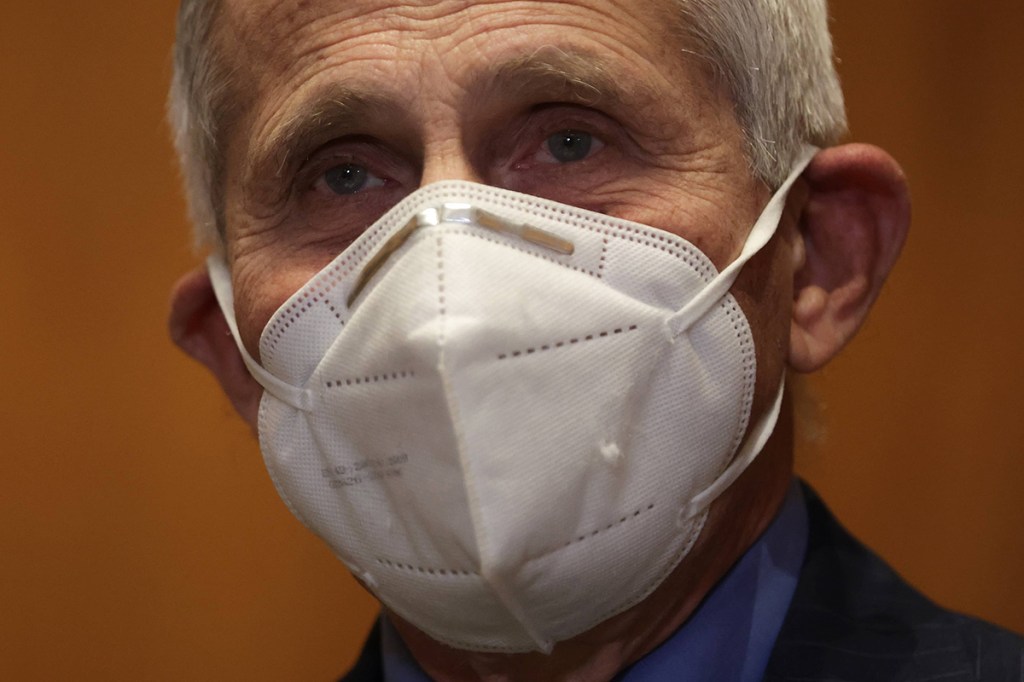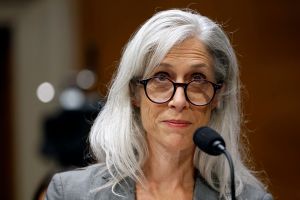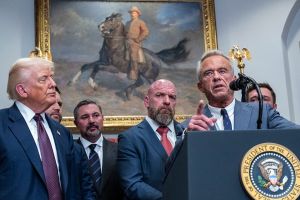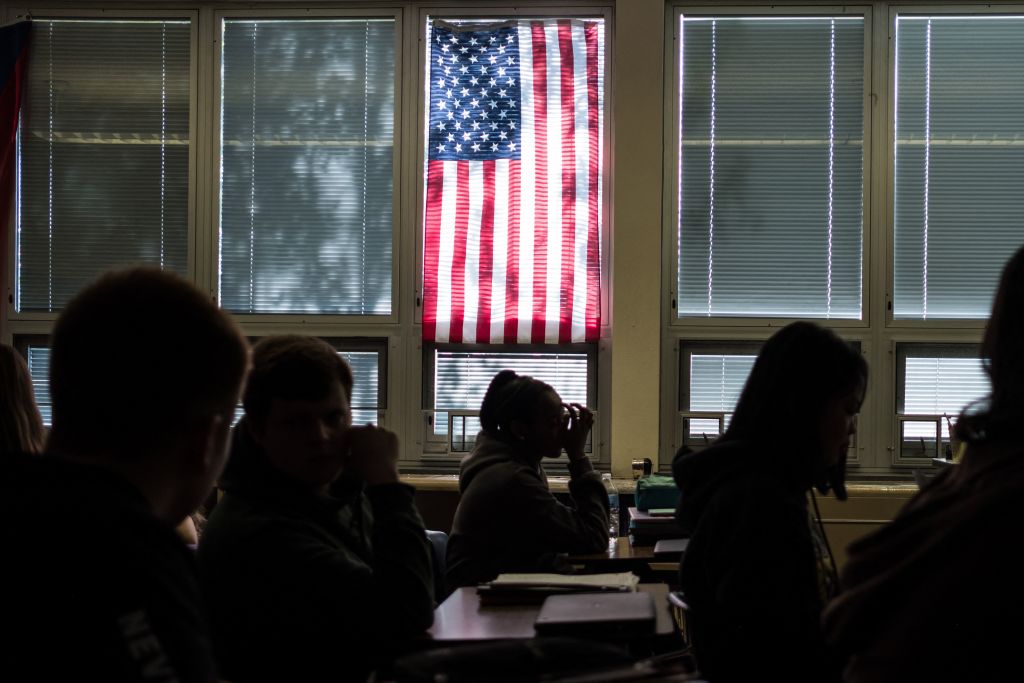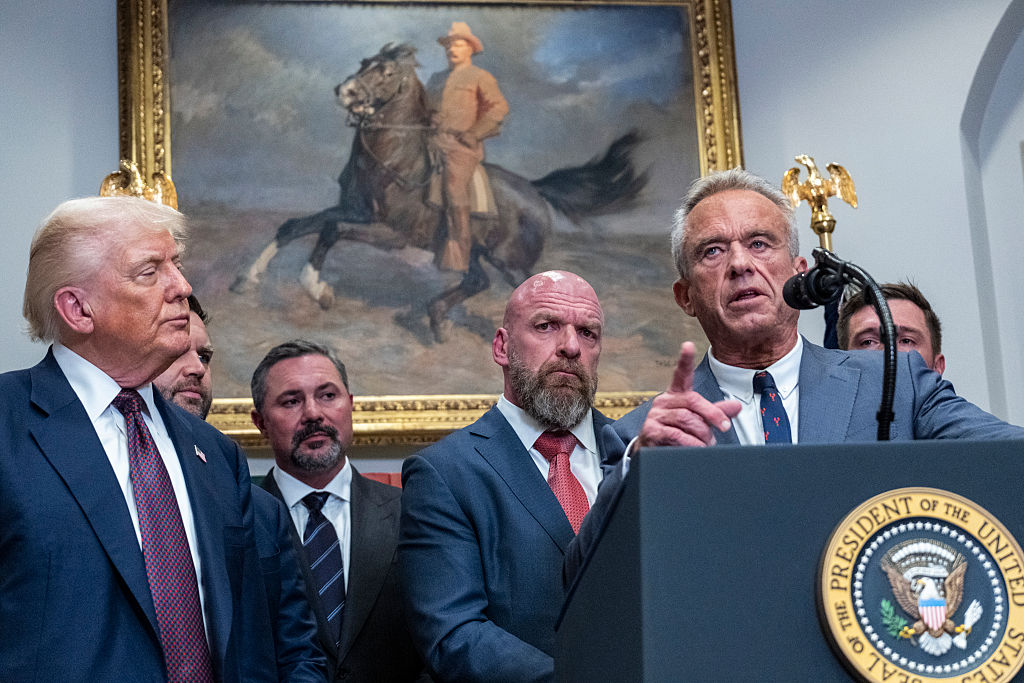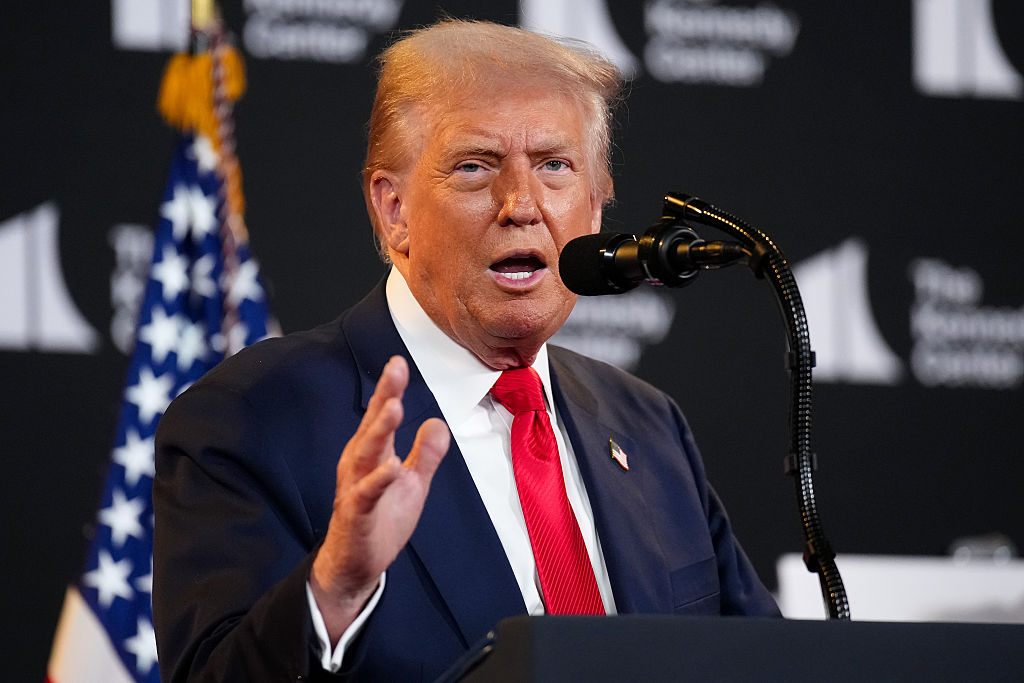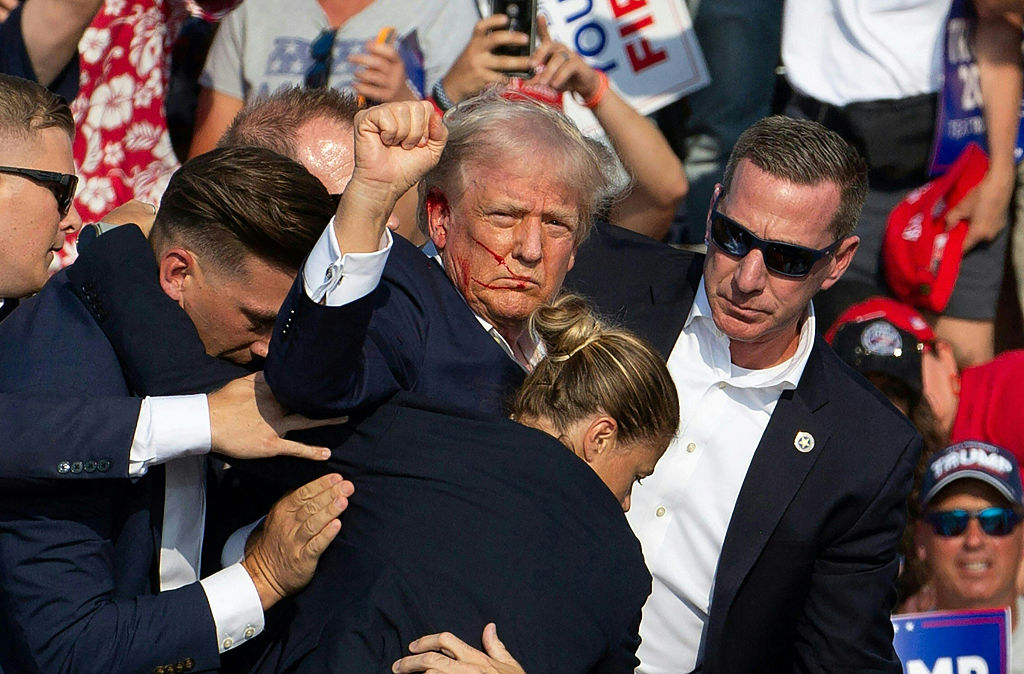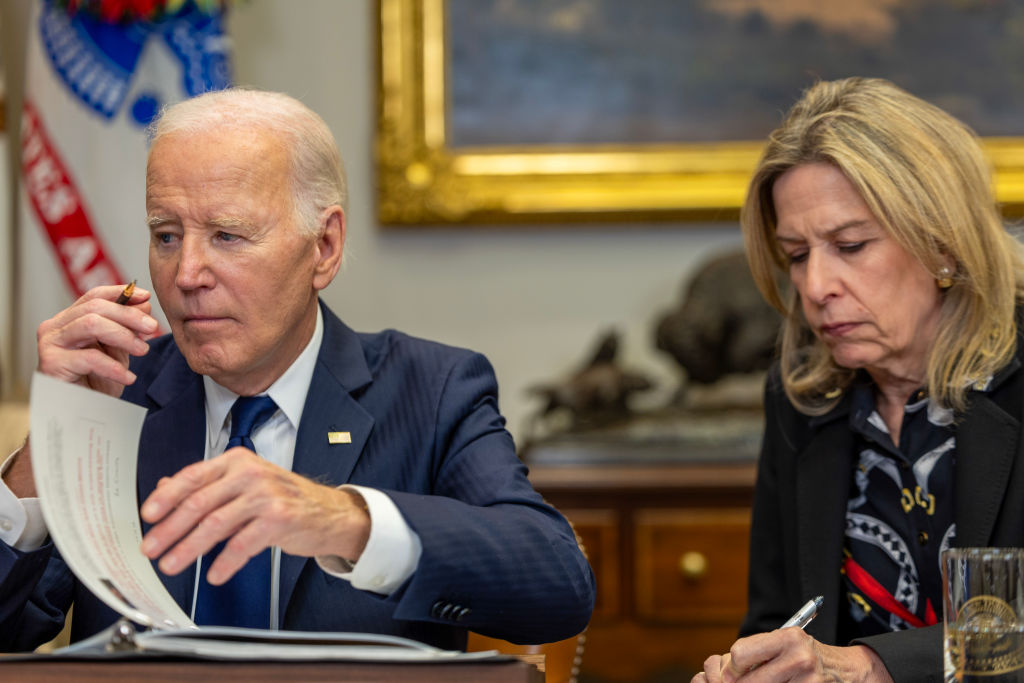So farewell, Anthony Fauci, the unfortunate face of America’s pandemic response. Well, not so unfortunate — the doctor is stepping down as head of the National Institute of Allergy and Infectious Diseases this December, riding off into the sunset with a reported $350,000 per year golden parachute, the largest pension in US federal history.
Fauci has developed something of a reputation for baffling the public — whether it be for contradictory advice on the efficacy of masks or herd immunity or vaccines. Even his resignation announcement was confusing:
I will be leaving these positions in December of this year to pursue the next chapter of my career… While I am moving on from my current positions, I am not retiring.
Fauci will be eighty-two in December. America’s gerontocracy just refuses to budge. In fairness, Fauci was a pretty good doctor in his prime. Republicans tried to attack him over his handling of AIDS, but his record on that public health crisis stacks up pretty well.
During the Covid pandemic, however, Fauci made the mistake a lot of experts made: he equated himself with the entire concept of science as a way of giving his pronouncements an aura of infallibility. “I represent science,” he said, as a response to criticism after he repeatedly said his institute didn’t fund “gain-of-function” virology research in Wuhan, when in fact it did.
Of course Fauci wasn’t the evil mastermind that so many deranged cynics say he was — even if he did dismiss the idea that Covid originated in a lab as a mad conspiracy theory when private emails suggested he may well have known otherwise. Maybe Fauci was just a lot like Donald Trump or Joe Biden: old, faltering, and heavily influenced by the people around him — someone who craved public approval above all. The boring truth about him probably isn’t that he is involved in any sinister conspiracy, it’s that he ignored evidence that didn’t help him and got swept along by a wider zeitgeist instead.
Much like Biden, Fauci perfectly represents that stubborn generation of Americans who have been running their country for decades. As their competence and faculties fade, their grip on power only tightens. He became head of NIAID at just forty-three, then held the role for almost forty years.
Fauci appeared to enjoy being the main character of this pandemic rather too much. Commentators fawned over him when he looked so conspicuously uncomfortable next to Trump in those now infamous press conferences when the president rambled wildly about the virus.
Fauci fandom quickly reached cultish levels. Muriel Bowser, mayor of DC said his birthday should renamed “Dr. Anthony S. Fauci Day.” He appeared on the cover of TIME magazine twice. He also appeared on the cover of magazines such People, InStyle and others. But, like health experts almost everywhere else, Fauci simply pinballed from one official narrative to another. Often there was little to no change in the actual science, just a war-time sense that the public must be scared or reassured for their own good.
In February 2020, he warned that 20 percent of Covid cases would require hospitalization, a blunder (shared by many) that did more than anything to fuel the mass lockdowns of spring 2020. In March, Fauci criticized masks for the — accurate, it turns out — reason that face coverings don’t really do much other than make people “feel” safer. He then said his real priority was saving masks for health workers. By summer, however, he had become a big masking fan. In May 2020, he said, “I want to make it be a symbol for people to see that that’s the kind of thing you should be doing.” By 2021, Fauci said that the bizarre practice of double masking was “common sense.”
At times, Fauci almost admitted that he was essentially making up health advice to manipulate the public into doing what he decided was best. For instance, when it came to herd immunity, Fauci said: “When polls said only about half of all Americans would take a vaccine, I was saying herd immunity would take 70 to 75 percent… Then, when newer surveys said 60 percent or more would take it, I thought, ‘I can nudge this up a bit,’ so I went to 80, 85.”
But Fauci’s biggest blunder probably wasn’t anything specific he said about masks, or infection rates or vaccines. It was his broader failure to speak scientific sense when he had the visibility and credibility to at least try. He could have pointed out that cyclical lockdowns for years on end were ineffective and unworkable, but he never really did. He could have called out the hypocritical idea that the Black Lives Matter protests or riots ought somehow to be exempt from social distancing regulations because they were politically fashionable. But he didn’t.
Angry right-wingers now babble about arresting Fauci or suggest that his retirement is an attempt to dodge congressional testimony after the midterms. Democrats, meanwhile, write mad children’s books about him. His fans and his enemies give him too much credit. In the end, Fauci didn’t actually create mask guidelines or impose lockdowns. He wasn’t doing any substantial work on creating or testing a vaccine. He just became the mascot for a kind of Covid mania. And he loved every second.
This article was originally published on The Spectator’s UK website.



